Hey dear Hive Community, first of all I would like to welcome you all to my new post and hope you had a day that was full of positive experiences! Today I would like to discuss a historical topic and hope you can expand your knowledge.
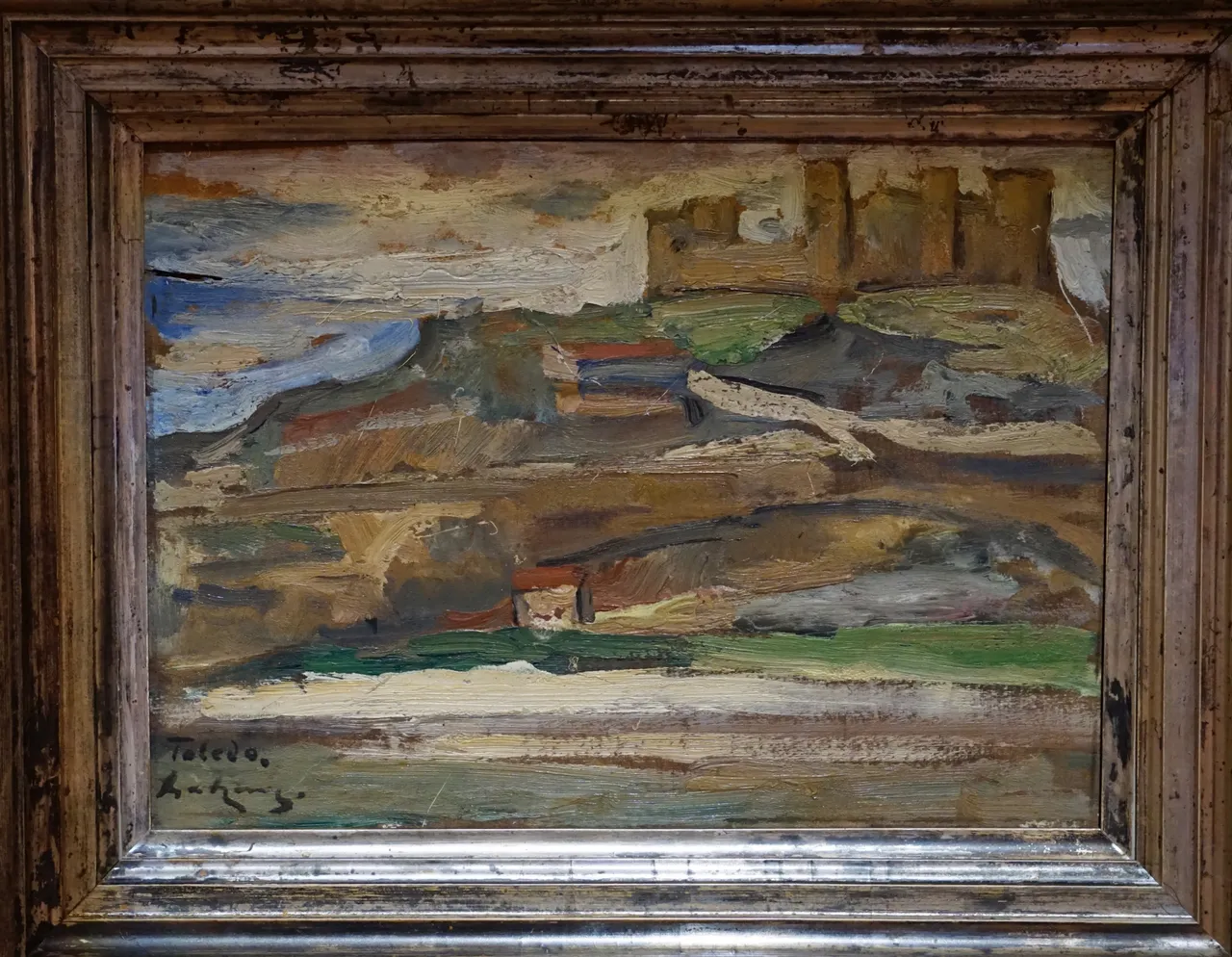
Here you can see some works of art by the artists Leo von König (1871 - 1944) and Otto Hellmeier (1908 - 1996) and all are based on Spanish culture and I would like to use these pictures to go into the history of this diverse country. Spain is known for the fact that traces of numerous different cultures have mixed there and the first traces of people can already be traced back to the Stone Age and the first civilization was built about 3000 years ago by the Celts and the Iberians, who particularly settled the Iberian Peninsula. The first civilizations already had a lot of knowledge when it comes to agriculture and had some knowledge when it comes to the processing of different materials and it also came to the fact that the Phoenicians built bases on the Iberian Peninsula which were of great importance for trade and it came to the fact that different cultures mixed and also the Greeks inhabited some parts of Spain. For a very long time, these cultures had the leadership until in the year 218 BC the troops of the Roman Empire invaded spain and took large parts of the country and it happened that the Romans established the province of Hispania which has been changed a lot by the Roman culture and numerous buildings of the Romans were built there. The Spaniards resisted at that time and there were some warlike conflicts that were to last about 200 and after numerous battles, the Romans under the leadership of Emperor Augustus also managed to conquer the other parts of Hispania. The Alemanni and Franks also came to Spain some time later and towards the end of the 5th century, Hispania was conquered by the troops of the Visigoths, which should not last long and in 711 the creation of the empire of the Moors began.
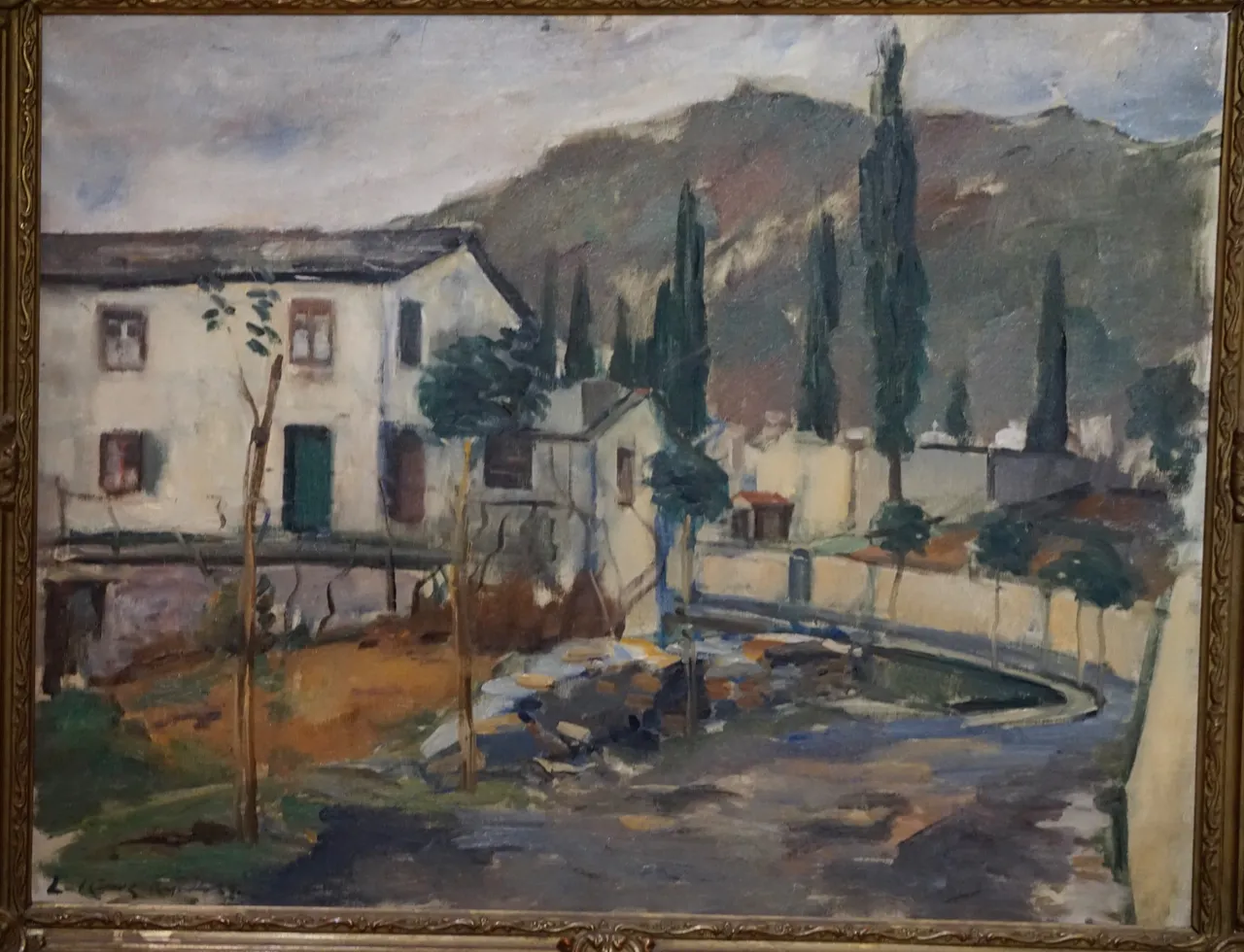
Some parts of Spain were conquered 100 years later by the well-known ruler from the Carolingian dynasty and who was responsible for the leadership at that time was Charlemagne, however, the opposing troops made great resistance at the time that he was not as successful in his campaigns in Spain as he would have liked. In the 10th century, Castile became an independent kingdom and the kingdom in the west of the Iberian Peninsula León was created and in 1230 the two kingdoms united and a few years earlier Portugal also became an independent kingdom. The next centuries were marked by many problems and it also happened that the plague broke out and there were some power struggles and uprisings because morality in some parts of society was not in good condition at that time and around 1492 the Moorish rule ended. The next huge milestone was the journey of discovery of America by Christopher Columbus, who was on a the discovery for the Spanish crown at the time and in the next decades there were more and more conquests in Spain as with the Canary Islands and Spain also expanded its power to North Africa. In 16 century, Spain rose more and more to become a world power and it came to Mexico that Mexico was conquered and there were also conflicts with France which were resolved diplomatically after a few battles.
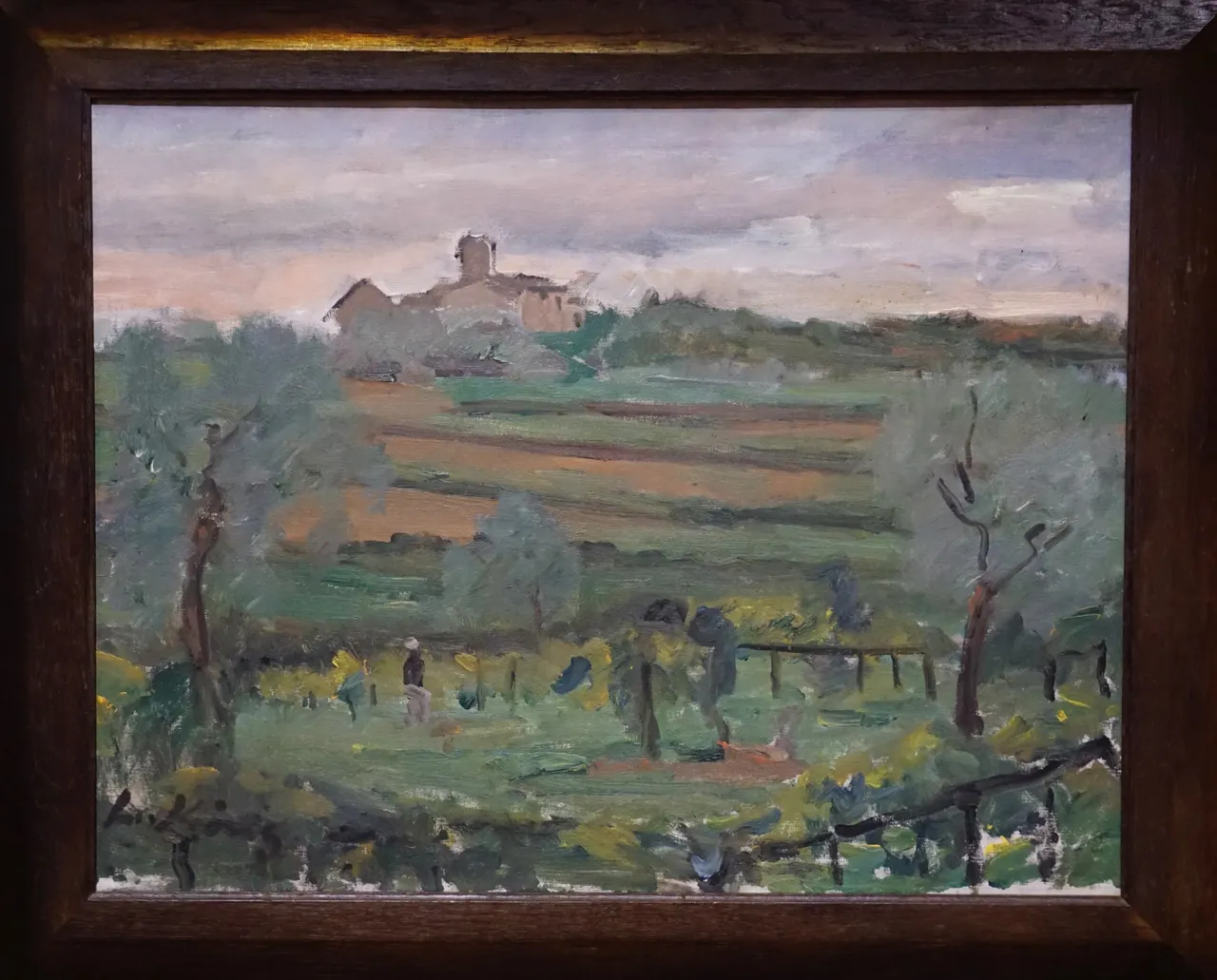
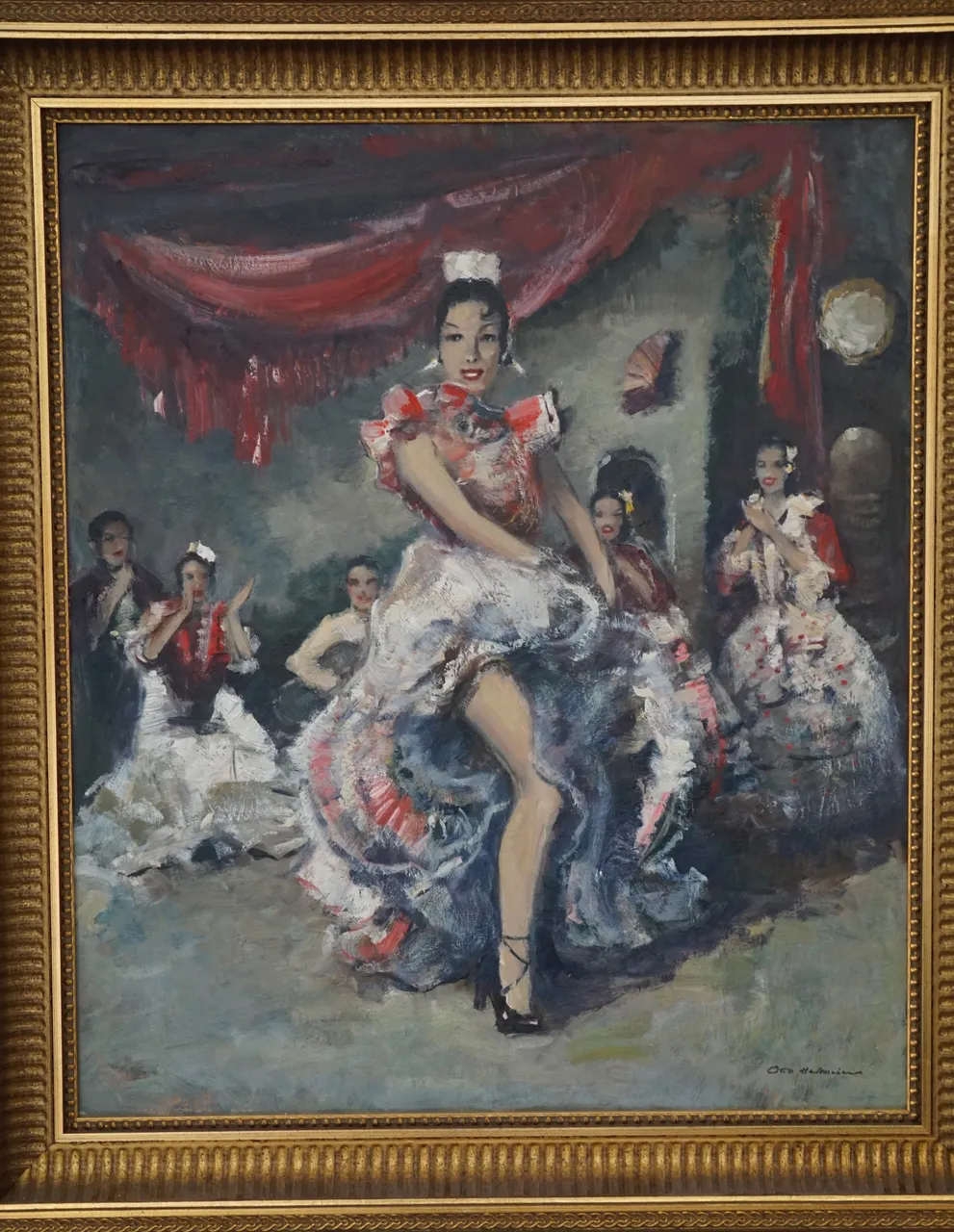
In this century, some conquests were undertaken and Spain also entered into mining and built numerous mines for the extraction of metals and it came to the fact that Philip II from the House of the Habsburgs became king and at that time a part of the Netherlands still belonged to Spain and after a few battles the Netherlands wins and frees itself and who had led the fight at the time was William I of Orange. In the next few decades, there were a lot of wars of conquest as well as diplomatic relations until the 18th century the war of the Spanish succession broke out and there were wars with England as well as multiple changes of rulers and the next centuries were very revolutionary and there were numerous wars of independence and uprisings against enemy troops and in 1824 there was the end of Spanish rule in America and in the same century the reign of Isabella II began and in the middle of the 19th century, there were numerous revolutions that ended in unrest and it also came to a coup by the military. In 20th century, there were civil wars and numerous attacks on the government in Spain and it took many years for the conflicts to be under control again and it was then the inauguration of King Juan Carlos who ensured that Spain became a democracy and the first free elections took place. In the year 2000, Spain entered the euro currency zone and to this day it is a country that has been shaped by an exciting history and numerous influences from other cultures.
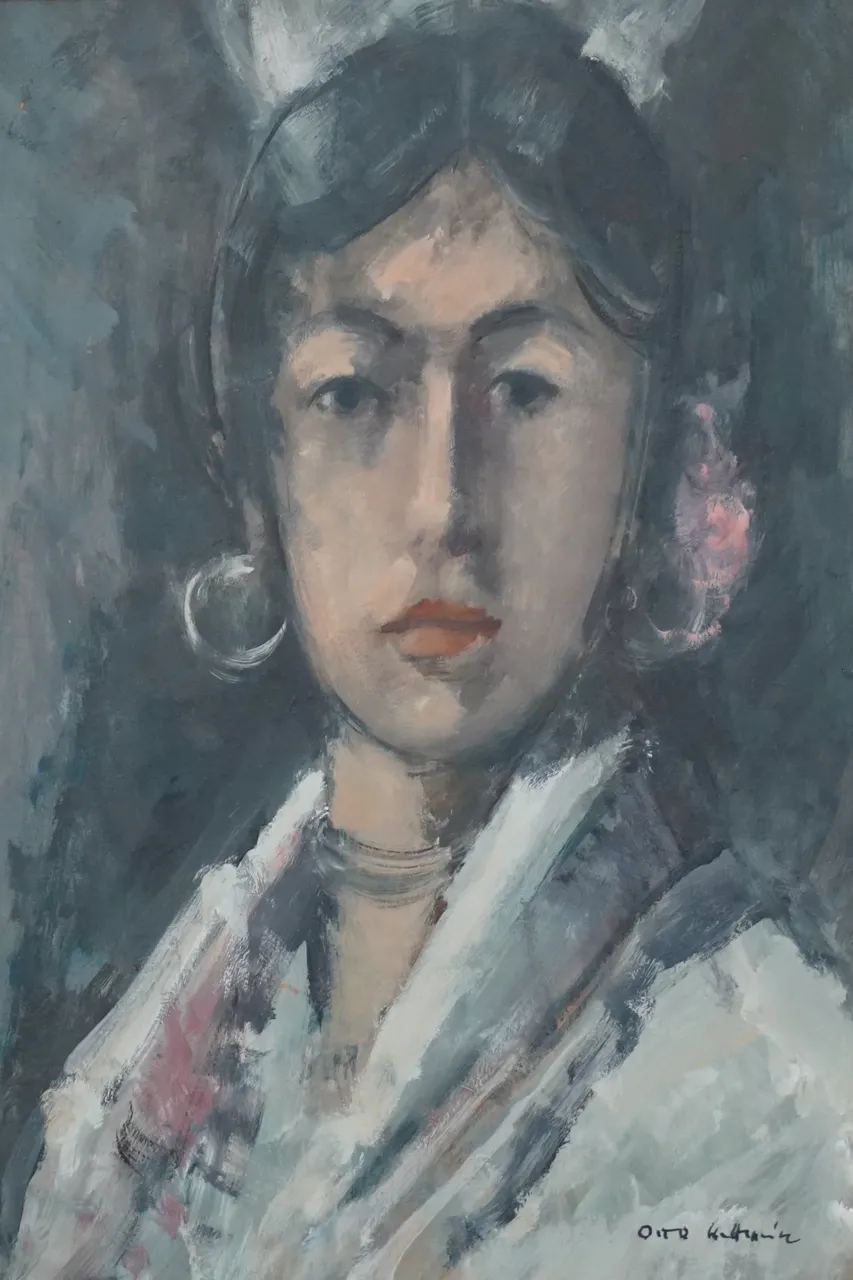
Thank you for stopping by and I hope you could learn something new about history! I captured these pictures with my Camera Sony Alpha 6000 plus 55-210 mm lens